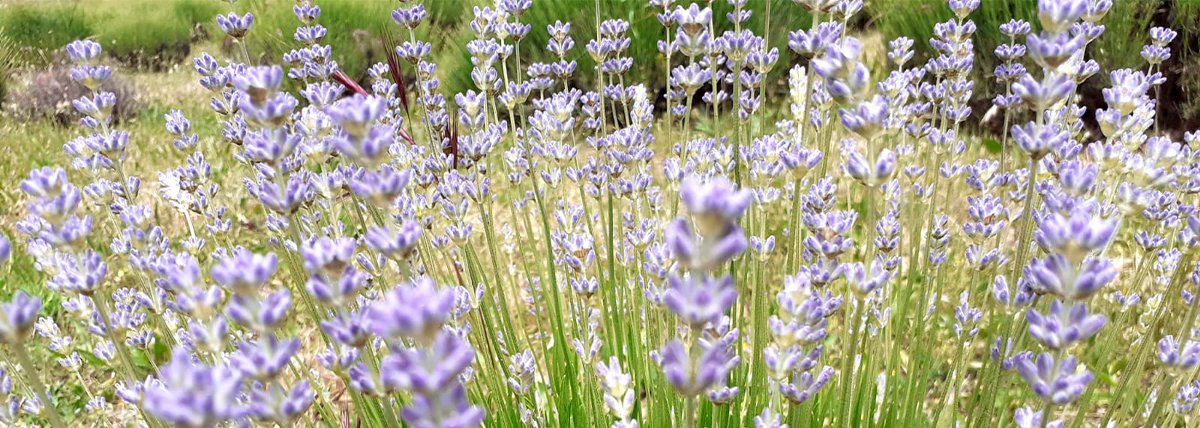
July 2021
AGENDA
LARGE RESIDENTIAL STUDIES
The Hellenistic worlds in the 2nd century BC. AD, crisis or evolution of states ? – organized by Laetitia Graslin
The conquests of Alexander the Great opened a new era of ancient history, traditionally referred to as the Hellenistic era. Very diverse populations, whose languages, ways of life, political, economic and social structures had nothing in common, found themselves integrated into a gigantic political unit, led by a ruler of Greco-Macedonian origin. If this group was divided, at the death of the conqueror, between several kingdoms, they all had to invent a new political and social model, to make the Greek and Eastern populations coexist. The object of the book is to see how, in the second century BC. J-C., A century after the conquest, this contact between East and West gave rise to a new world.
Proust’s correspondence – organized by Françoise Leriche
The project is a digital edition of Marcel Proust’s correspondence, whose software experimentation was undertaken in 2014 and which opened its platform in November 2018 with a first prototype corpus: http://corr-proust.org/. Led by the Proust21 Consortium (Universities of Grenoble and Illinois, ITEM-CNRS), it aims to give the general public and specialists alike access to Proust’s literary “workshop” made up of his thousands of letters.
Writing of a collective work “Kings and kingships” – organized by Stéphane Péquignot
This editorial project was born within a small working group formed on a theme – kingship – which has long been at the centre of the preoccupations of historians and anthropologists and which has recently undergone significant renewal. Refocused on the medieval and modern periods, the collective offers a reflection on the theme of royalty in the world.
The science of Claude Bernard – organized by Laurent Loison
The objective of this work is to re-register the science of Claude Bernard in the bosom of the history and philosophy of science at an international scale, and to revitalize Bernardian studies. The publication in French will thus be accompanied by the publication in English of a special issue in an international journal (probably Life Sciences History and Philosophy).
SMALL RESIDENTIAL STUDIES
Writing of a book on recent progress in turbulence – organized by Yves Pomeau
The turbulence developed remains one of the great unresolved questions in classical physics while their elucidation is crucial for many applications. Kolmogorov’s theory, which dates from 1941, is based on the idea of energy cascading from large to small spatial scales. This theory never succeeded in giving a convincing representation of the averaged flows in concrete geometries like that of the wake of an object at high speed, whereas Newton had already correctly predicted for case that the drag force is proportional to the square of speed. Recently, the participants in this meeting proposed a new idea, that of dissipation by singularities of Euler’s equations (without viscosity), an idea which explains many things, including Newton’s law of drag and the intermittence observed for a long time in turbulent fluctuations. The plan for this meeting is to put these ideas into shape and write a book on the subject.
Residencies
Author’s residency
Dimitri Bortnikov
is continuing his stay at the foundation. His novel project, The Tomb of Parsifal, will evoke the theme of war, through the eyes of a Franco-Russian writer committed to the side of “pro-Western” rebels in the war in Ukraine. He will only live in war for a few months, but little by little will lose his illusions about justice, about right and good, and about the possibility for man to overcome violence. [find out more]
2021-2022 Author’s Residency laureates
For its 14th edition, the jury met on April 13 and June 8, 2021. Among the 48 applications received, the jury selected the projects of François-Henri Désérables, Isabelle Tillerot and Béata Umubyeyi Mairesse. [find out more]
Photography Residency
Mhammed Kilito
His project is an investigation into the choice of a personal identity for Moroccan youth from a selection of portraits of young people who take their destinies in hand with the courage to choose their own realities, often pushing far the limits of society. [find out more]
Arles Photographic Meetings from July 6th to 10th.
During the opening week of the Rencontres photographiques, the Fondation des Treilles settles in Arles. From July 6 to 10, join us at 6, place Louis Blanc to discover the Foundation’s residency award for photography and meet award winners with Corinne Mercadier, Raed Bawayah, Clément Chapillon, Sophie Zénon, Nicolas Comment, M’hammed Kilito, Veronique Ellena, Mark Lyon … Find the program here.
40 years of research, creation and publications
The lesson of a tuft of grass
« To train a young mind is to feed it first, to make it want to read, without hampering its spontaneous reactions. It does not matter that his greed begins with being indiscriminate, what matters is genuine touching, without which there is no absorption of food.” (Extract from an article by Jean Schlumberger which appeared in Le Figaro on February 9, 1941).
Since its creation, the Fondation des Treilles has encouraged dialogue between generations. Thus, the seminar projects bring together confirmed researchers and doctoral or post-doctoral students. Likewise, it grants aids to young researchers, in particular to enable the completion of a thesis of exceptional quality.
This high-level work gives rise to publications, often in the form of articles which appear in specialized newspapers. All areas of knowledge are represented. In medicine, the winners of the Young Researcher Prize 2017, Manfred Accrombessi and Gildas Yaouhédo, have published: Prevalence and Associated Risk Factors of Malaria in the First Trimester of Pregnancy, in The Journal of Infectious Diseases, in April 2018 and Contributions of cuticle permeability and enzyme detoxification to pyrethroid resistance in the major malaria vector Anopheles gambiae, in Nature, Scientific Reports, volume 7, in 2017.
In the same way, in biology, Anne-Claire Baudoux published in October 2007: The role of viruses in marine phytoplankton mortality, printed by Printon Trükikodas AS, and Julie Tomas, winner of the prize in 2015, will be co-author of: High-fat diet modifies the PPAR-γ pathway leading to disruption of microbial and physiological ecosystem in murine small intestine, PNAS October 4, 2016 113 (40).
The human and social sciences are not left out with publications such as that of Jean-Marc Pétillon in archeology, Armed Magdalenians, technology of the cervid wooden projectile frames from the Upper Magdalenian in the Isturitz cave (Atlantic Pyreneans), Editions du Cedarc in March 2006, that of Vincent Tournier in the Antiquity history, The formation of the Mahāvastu and the establishment of conceptions relating to bodhisattva career, Ecole Française d’Extrême Orient Editions, 2017, or in 2013 that of Gildas Salmon, The mind structures, Lévi-Strauss and myths, PUF, Collection “Theoretical practices”, in social anthropology. More recently Anna Lagaron wrote in 2020 (under the direction of Frédéric Imbert) in the Bulletin d’études Orientales, Volume LXVII, 2018-2019, the New epigraphic routes of the east and the west, this annual bulletin being edited by the French Institute of the Middle East.
Literary studies have also made the publication of several works possible. Thus under the direction of Céline Pardo, Nadja Cohen and Anneliese Depoux, Anne Reverseau, winner of the prize in 2009, published Poésie et Médias (poetry and media), XX-XXIe siècle, at Nouveau Monde Editions in 2012. In the same way Nicolas Bianchi, winner 2020, is the author, the same year, of From Montmartre to trenches, Roland Dorgelès war humour (1910-1930), article published in a special issue of the Romanesques review (13) devoted to this author at the Garnier classics editions.
Sébastien Wit (Young Researcher Prize 2019) who published Romans du hasard : Italo Calvino, Julio Cortazar, Philip K. Dick, Marc Saporta (chance novels) (Presses Universitaires de Rennes, 2019) presents his research project on the foundation’s notebooks.
